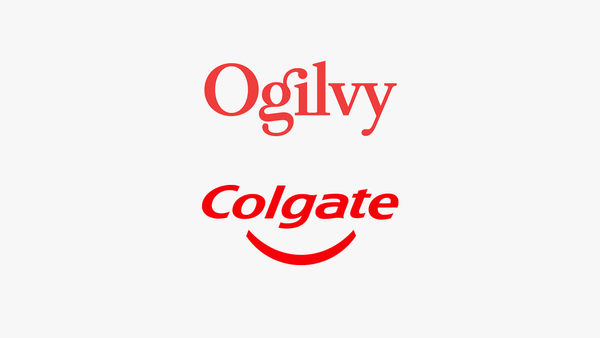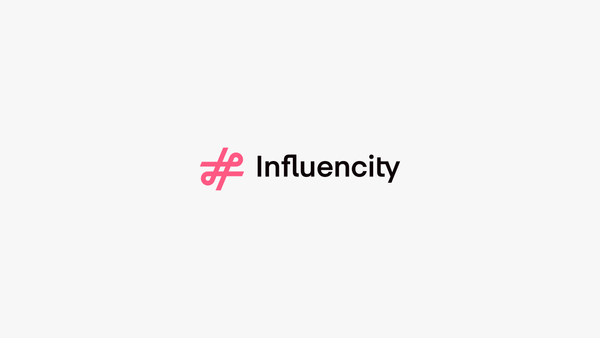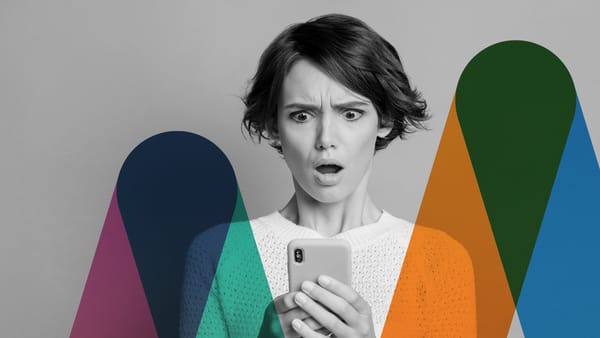The position of a successful social media influencer is a coveted one that many people aspire to. More than half of social media users under 45 would quit their jobs to become influencers. But it’s not easy to make the breakthrough and become an influencer, whether that’s on a nano or super scale, it all takes hard work and dedication.
Fighting your way through the masses of others creating content to be a shining star is worth celebrating. However, it also comes with risks, and influencer cybersecurity is important to allow social media personalities to protect themselves. Let’s look at the cyber threats that influencers must be aware of and what the best online practices are for protecting against online threats.
The importance of cybersecurity for influencers
Social media influencers create a career for themselves online. Their online presence is where they build their audience reputation and where their income comes from. It means they must protect their social media accounts across various platforms to help maintain their relationship with their audiences and brand partners.
One stray post that alienates an audience or sponsors can be the end of a good thing, especially if that comes from a hacked account. The sheer size and scale of digital connections mean that influencers can become targeted by hackers, trolls and even stalkers from anywhere in the world.
Understanding the risks of becoming an influencer
Choosing to become an influencer comes with some inherent risks. While fortune and fame are often the goals for many, the cost can be a loss of privacy both in the real world and online.
Influencers must also consider all parties involved in their lives, from parents and family to any management or security teams in place. From bringing unwanted attention to an influencer’s home or family to putting their security team at risk when making a public appearance, it’s all to be carefully considered.
As most of an influencer’s audience is online, there are also a host of digital threats they must be savvy to, from identity theft and influencer fraud to image protection and data privacy. Understanding the risks of becoming an influencer can help create an effective strategy to guard against them.
Open-source information
Open-source information is publicly available data that is beyond the scope of Google and other search engines’ reach. A huge portion of the internet cannot be accessed using Google and it is a mass of websites, files and databases. This information coupled with freely accessible data found using specialist tools means IP addresses, networks, webcams, printers and anything that’s connected to the internet can put influencers at risk.
Creating watertight passwords and using VPNs is a start but it’s important as an influencer to protect online property. Security professionals engaging in ethical hacking can use open-source data to discover weaknesses in a network before they are infiltrated by hackers. Common weaknesses discovered include accidental leaking of information through social media, unsecured devices connected to the internet and outdated software.
Being aware of these common weaknesses can help reduce the chances of being hacked and accidentally leaving the door for a hacker to enter a network. Open source aggregators may even uncover an influencer’s home address or telephone number, which is a concern if strangers get hold of this information.
Protecting personal information in images
Influencers and livestreamers may not be aware that they can be giving away their location or sharing something personal with their followers. Whether that’s something in the background of a picture, video or livestream that indicates who they are or the location they are in, it can all become information to the wrong person.
This also includes image and video applications that give your location away, so ensuring that location tagging services are switched off on devices is important.
Influencers must think before posting content that includes information someone could use to find them. Sharing their life with their followers is important but before putting any content online, they should give it a quality assurance check.
Not only should influencers ensure that posts match their tone of voice but they must consider information that can be seen in the background. From signposts on the street to mail with an address on it, it just takes one slip for that information to reach the masses.
Protecting against overfamiliar fans
One of the main risks for influencers is fans who try to get too close to them. It might seem impossible to protect their identity when putting themselves out in the public sphere but it’s vital to keep as much personal information as possible private.
Many influencers choose to be as engaging as possible with their followers, which is important for building successful relationships and loyal audiences. Most followers will mean no harm and be delighted that their favourite online personality is interacting with them.
Others will be trolling comments for a reaction while others may be more sinister and present a danger to influencers in the real world. Fortunately, users can be blocked which helps but with the risk of personal information being out there, it’s important to protect against overfamiliar fans as best as possible.
Report trolls and spot dangerous followers
It might be easy to pass off an online troll as just that but it’s important to recognise any threats made. Notifying the social network about the threat made is essential as is keeping a record of the communications sent.
From April 2020 to March 2021, there were 98,863 reports of stalking to police, up by 300% from the previous year. It’s not just unfriendly followers influencers should be aware of, over-friendly people should also be a concern.
Signs to look out for a cyberstalker include:
- Excessive commenting on posts
- Sending unsolicited messages, especially if explicit
- Tagging influencers in posts unrelated to them
- Impersonating
- Attempting to hijack devices
Influencers can protect against cyberstalking through regular password changing, VPN to hide their IP address and blocking unwanted users.
Safe practices to protect influencers
Securing accounts from hackers isn’t an exact science because threats can arise in different ways. However, one of the best ways to protect an influencer’s accounts from being hacked is a strong password and multi-step authentication. For example, the use of a passphrase, which is a combination of random words, that is at least 15 characters long and using multiple words is a strong password.
Also, influencers should consider separating their personal bank and email accounts from their online persona to ensure there is another step in protecting their identity. It’s also important to be careful about who is given access to an influencer’s social media accounts.
We understand that being a successful influencer often requires help from others, be that booking travel, sound boarding or technical support. But, if account details are given to others to post on your behalf then it leaves influencers more vulnerable to cyberattacks.
The more people with access to an influencer’s accounts, the more entry points for a hacker there are. A cybersecurity policy for everyone with access is useful to increase protection. Outlining how to keep passwords secure and reinforcing the need to log in and out of accounts when not in use are fundamental to safe sharing.








